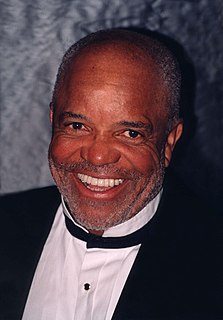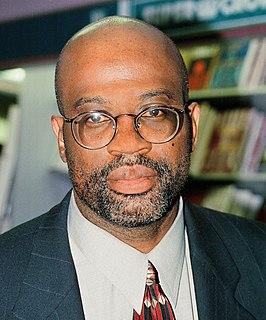A Quote by Alexander Chee
When you're writing historical fiction, you have to think a little farther into the situation: what the average social interactions were, what was acceptable behavior. What did people think was fun, what did they find unhappy, and why?
Related Quotes
We were required to predict a soldier's performance in officer training and in combat, but we did so by evaluating his behavior over one hour in an artificial situation. This was a perfect instance of a general rule that I call WYSIATI, "What you see is all there is." We had made up a story from the little we knew but had no way to allow for what we did not know about the individual's future, which was almost everything that would actually matter. When you know as little as we did, you should not make extreme predictions like "He will be a star."
In the final exam in the Chaucer course we were asked why he used certain verbal devices, certain adjectives, why he had certain characters behave in certain ways. And I wrote, 'I don't think Chaucer had any idea why he did any of these things. That isn't the way people write.' I believe this as strongly now as I did then. Most of what is best in writing isn't done deliberately.
People said things they didn't mean all the time. Everybody else in the world seemed able to factor it in. But not Lena. Why did she believe the things people said? Why did she cling to them so literally? Why did she think she knew people when she clearly didn't? Why did she imagine that the world didn't change, when it did? Maybe she didn't change. She believed what people said and she stayed the same." (Lena, 211)
I think it's quite common and realistic. There are many stories like this [in Waitress]. [Jenna, my character] marriage looks really horrible up on the screen but I think there are a lot of people in bad relationships who wake up and think to themselves: "Wow, how did I end up here? Why am I still here and so unhappy and not satisfied with my life?"
I don't think these women are stupid. I think they're selling a personality that's very marketable: Wouldn't it be fun if we were all gorgeous and didn't have a care? But creating a cultural icon out of someone who goes, I'm stupid, isn't it cute? makes me want to throw daggers at them! I want to say to them, My grandma did not fight for what she fought for, and my mother did not fight for what she fought for, so you can start telling women it's fun to be stupid. Saying that to young women, little girls, my daughter? It's not OK.
It remains a mystery to me why some of that [pulp] fiction should be judged inferior to the rafts and rafts of bad social [literary] fiction which continues to be treated by literary editors as if it were somehow superior, or at least worthier of our attention. The careerist literary imperialism of the Bloomsbury years did a lot to produce fiction's present unseemly polarities.





































